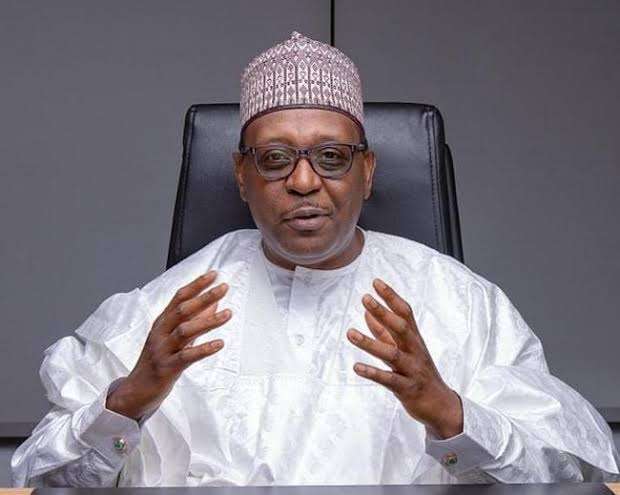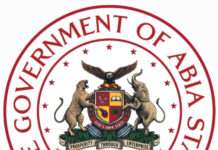

…Min. Pate affirms Govt’s determination to address systemic challenges
…Union leaders express cautious optimism
The Federal Government has pledged to clear seven months of outstanding salary arrears owed to medical doctors and other healthcare professionals before the close of August 2025.
This commitment was made by the Minister of Health and Social Welfare, Professor Ali Pate, during a high-level meeting in Abuja with leaders of Nigeria’s major health unions.
The government’s swift response follows a 21-day ultimatum issued by the Nigerian Medical Association (NMA), which demanded urgent resolution of lingering welfare issues or threatened an all-encompassing strike across health facilities nationwide. The National Association of Nigeria Nurses and Midwives (NANNM) had also announced a warning strike but later suspended it following intervention by stakeholders.
Professor Pate underscored the government’s firm determination not only to address the salary backlog but also to tackle broader systemic deficiencies affecting Nigeria’s healthcare infrastructure.
The roundtable involved representatives from the NMA, NANNM, the Joint Health Sector Unions (JOHESU), and officials from the Ministry of Humanitarian Affairs, creating a collaborative platform aimed at resolving the impasse and maintaining uninterrupted healthcare services.
NMA President Professor Bala Audu responded with cautious optimism, acknowledging the importance of the government’s promises while calling for close monitoring to ensure their fulfilment.
Similarly, Comrade Kabiru Minjibir, National President of JOHESU, expressed measured confidence, noting that “sustained dialogue and adherence to agreed terms are essential to prevent disruptions in healthcare services relied upon by millions of Nigerians.” His remarks reflect the delicate balance between potential industrial action and constructive engagement within Nigeria’s complex labour environment.
The nation’s healthcare system, already burdened by inadequate infrastructure and staffing shortages, faces the risk of paralysis if these issues remain unresolved. For ordinary citizens, the threat of disrupted medical services raises deep concern, highlighting the sector’s critical role as a socio-economic lifeline.
Beyond the immediate salary arrears, the discussions acknowledged systemic weaknesses including underfunding, outdated equipment, and poor working conditions that have persisted for years, eroding morale among health professionals and diminishing care quality.
Professor Pate’s intervention addresses not only the urgent wage crisis but also recognises the need for comprehensive reforms to reinforce the entire health sector.
The government’s willingness to engage unions in meaningful dialogue represents a positive step, yet union leaders and healthcare workers continue to stress the importance of transparency and accountability in fund disbursement. They have also called for consistent communication to prevent misunderstandings that could inflame tensions in the future.










